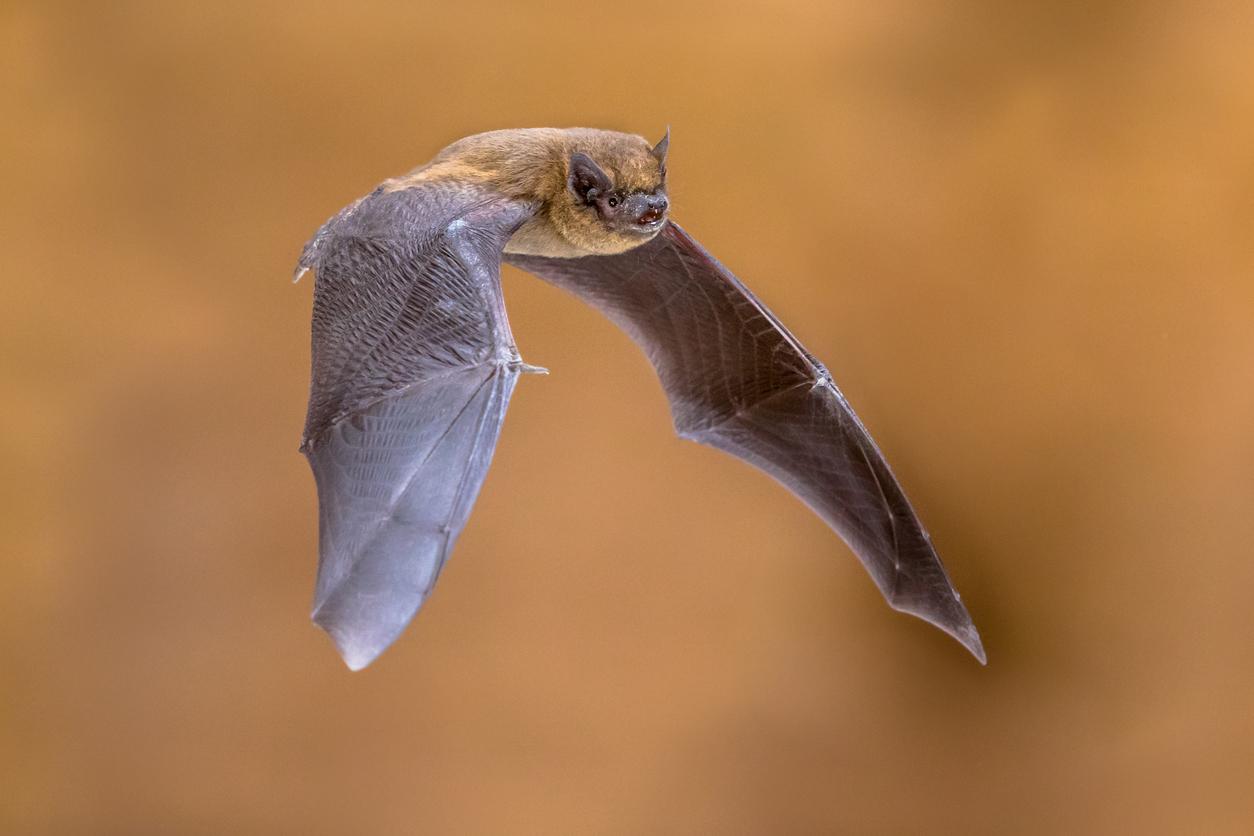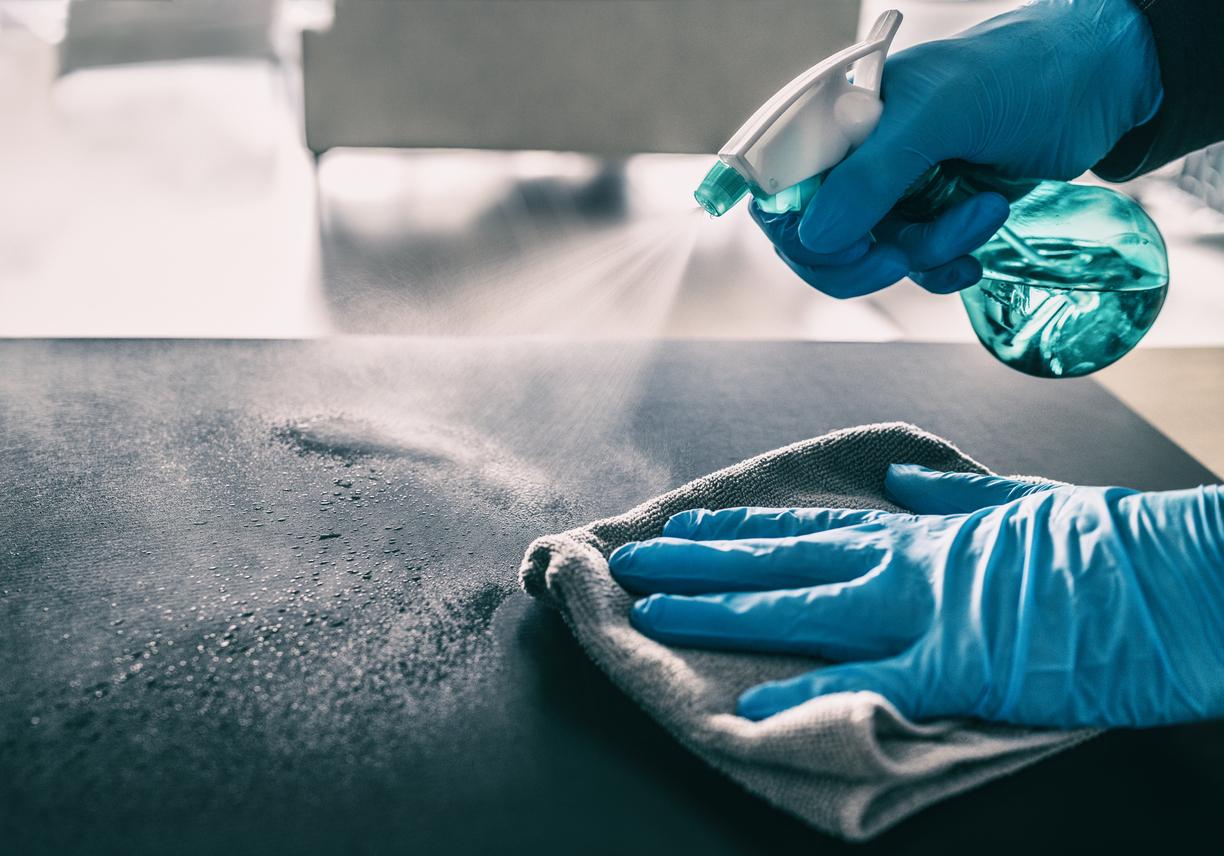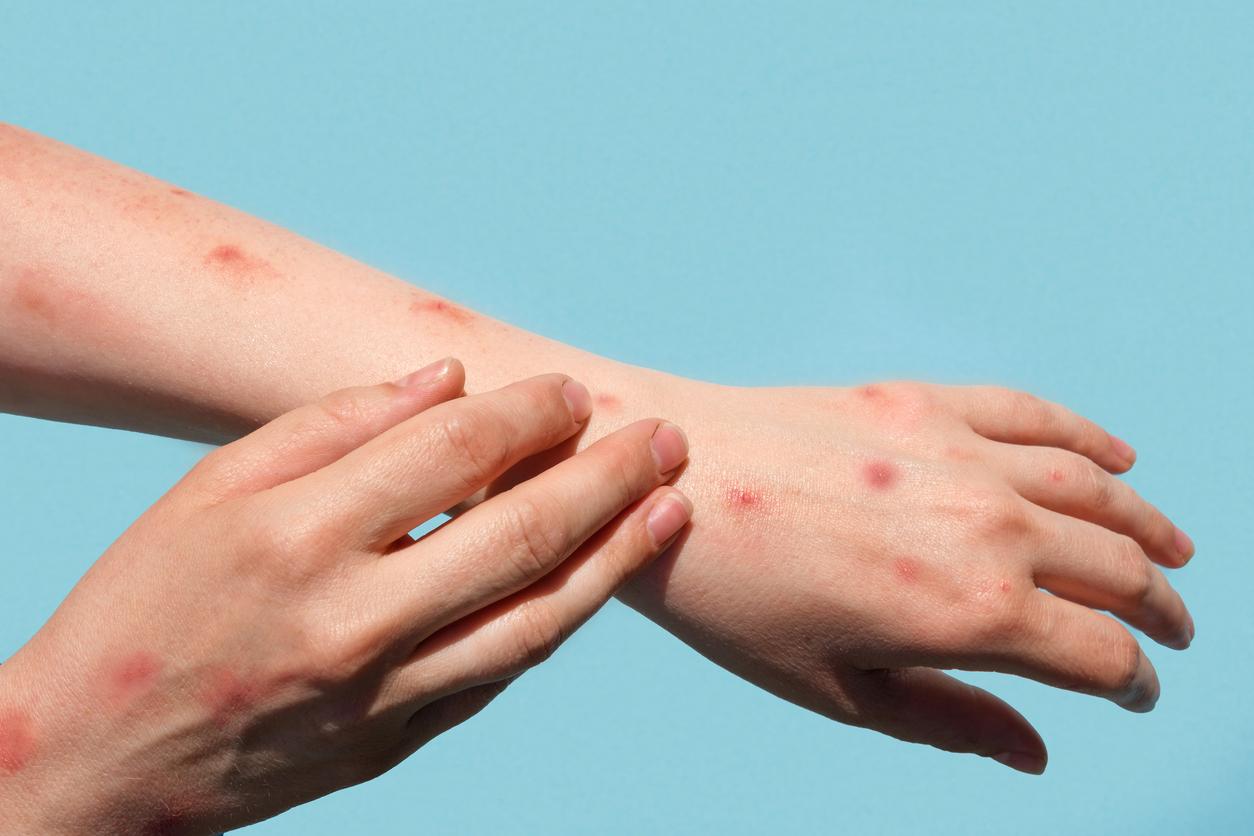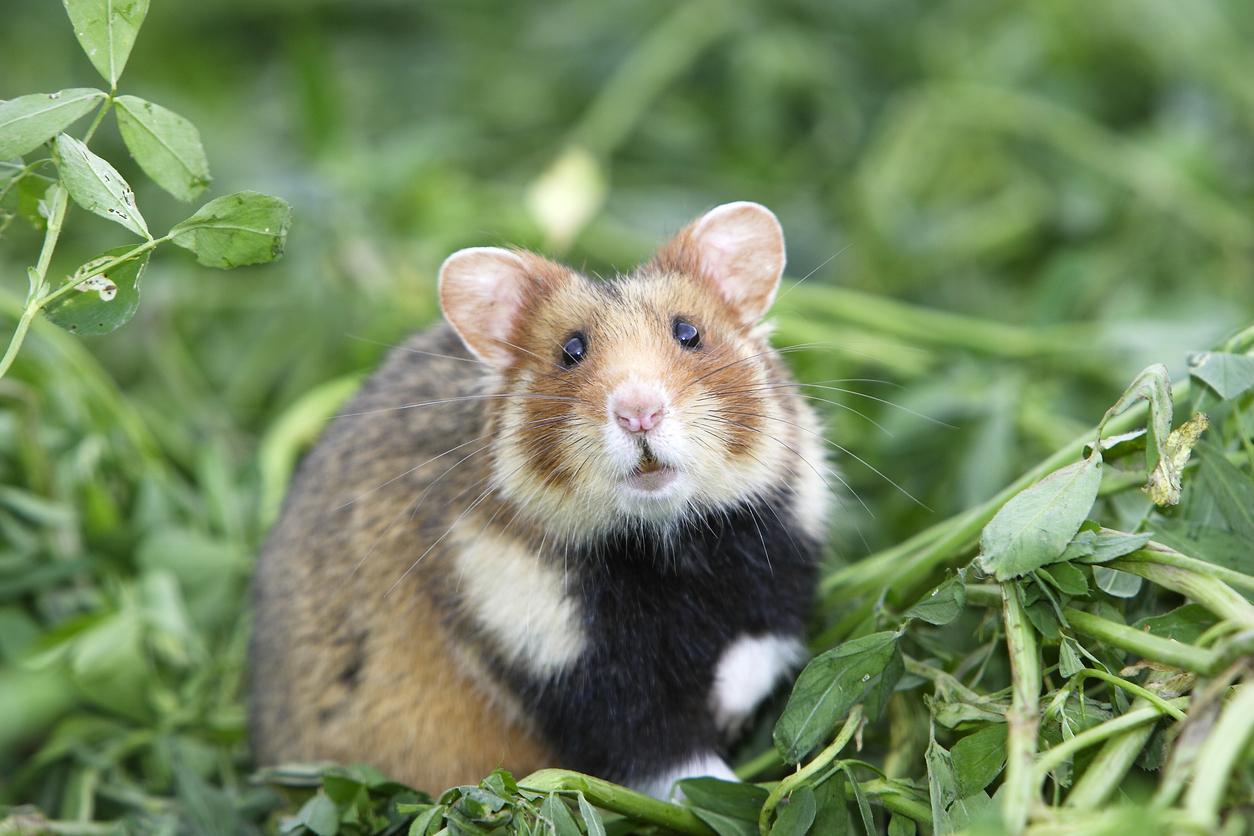What are the risks to human health from a bat bite, which a young French woman recently suffered?

- A 21-year-old young woman living in Côtes-d’Armor was recently severely scratched and bitten by a bat, outside, in the middle of the night, near her home. Her cheek bleeding, she consulted a doctor who sent her to the emergency room, where she received an injection against rabies and tetanus. His days are not in danger.
- In mainland France, certain bats can carry the rabies virus, lyssavirus EBLV-1. Of the 36 species known in France, only two can carry it. It is therefore better to avoid contact. But rest assured, the transmission of rabies to humans by a bat remains exceptional.
- Furthermore, incidental contacts with bats are rare, thanks to their flight and guidance abilities. This is without taking into account that because of climate change, the species is increasingly threatened.
A resident of Côtes-d’Armor (Brittany) recently experienced a real scare after being severely scratched and bitten by a bat. What are the risks to human health from such a bite?
A series of medical tests after being bitten by a bat
The events took place on the night of January 29 to 30. As she went to get her phone charger from her car parked under a porch, without lights, the 21-year-old felt something hit her cheek. “Hearing its very characteristic shrill cries, I understood that it was a bat and I panicked. With my arm, I had involuntarily blocked it against me and it held on”says this student in Rennes in the columns of Ouest-Francewho broke the story.
If she quickly manages to get rid of the animal, her cheek is bloody, carrying “like traces of scratches and bites”. The doctor she consults recommends that she go to the emergency room, where she undergoes a series of tests and receives an injection against rabies and tetanus, as well as immunoglobulins intended to boost her immune defenses. She ended up being hospitalized for two days in the hospital’s infectious disease department for observation. His days are not in danger.
Bats can carry the rabies virus
Caution was required because, in mainland France, certain bats – their scientific name – can carry the rabies virus, lyssavirus EBLV-1. Of the 36 species known in France, only two can carry it. “Lyssaviruses are transmitted to humans through the saliva of an animal suffering from rabies either during a bite, or during a scratch or lick on a wound, a recent skin lesion or a mucous membrane”, details the National Agency for Food, Environmental and Occupational Health Safety (Anses).
Faced with a bat that has injured itself or entered your home, it is therefore essential not to touch it and to call a specialist, or, in extreme emergency, to handle it with protective gloves, according to the French Society for the Study and Protection of Mammals (SFEPM). In the event of a bite or scratch, be sure to clean the wound with soap and apply an antiseptic, before contacting a doctor who will refer you to an anti-rabies center.
Incidental contact between humans and bats is rare
In 2022, the Pasteur Institute identified 461 patients who received post-exposure prophylaxis, that is to say preventive treatment, after contact with a bat, including 93 in Guyana and 17 abroad. But let us rest assured, the transmission of rabies to humans by a bat remains exceptional: if one case caused the death of a patient in New Aquitaine in August 2019, it was the first indigenous case in mainland France. since… 1924.
Furthermore, incidental contacts with bats are rare, even with the return of sunny days, recalls the SFEPM, which mentions “his flight […] very precise” And “its ultrasonic guidance system”. This is without taking into account that because of human activities and climate change, the species is increasingly threatened. According to the National Biodiversity Observatory43% of bats disappeared in France between 2006 and 2021.

















